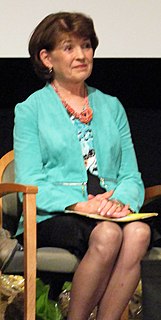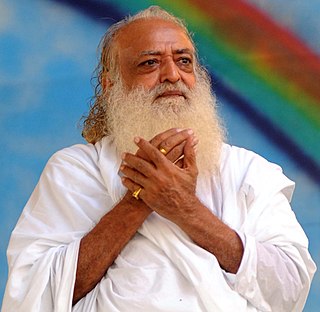Цитата Чогьяма Трунгпа
Основная мудрость Шамбалы заключается в том, что в этом мире, как он есть, мы можем найти хорошую и осмысленную человеческую жизнь, которая также будет служить другим. В этом наше истинное богатство.
Связанные цитаты
Учения Шамбалы основаны на предположении, что существует основная человеческая мудрость, которая может помочь решить мировые проблемы. Эта мудрость не принадлежит какой-либо одной культуре или религии и не приходит только с Запада или Востока. Скорее, это традиция человеческого корабля-воина, которая существовала во многих культурах много раз на протяжении всей истории.
Цель нашей жизни должна быть положительной. Мы родились не для того, чтобы создавать проблемы, причинять вред другим. Чтобы наша жизнь имела ценность, я думаю, мы должны развивать в себе основные хорошие человеческие качества - теплоту, доброту, сострадание. Тогда наша жизнь становится осмысленной и спокойнее – счастливее.
Видение Шамбалы универсально. У него нет предубеждений по отношению к одному типу культуры или группе. Он не этноцентричен и не поощряет какой-то конкретный тип людей, расу или религию. Видение Шамбалы продвигает универсальность по отношению к основному добру. Все люди в своей основе хороши, и просвещенное общество на разных уровнях проявления может возникнуть в любой культуре.
Я думаю, проблема в том, что эти базовые человеческие ценности с самого начала, с рождения, не воспитываются должным образом. Итак, тогда наш ум, наш мозг, благодаря образованию, а также разнице в опыте, которые, в конце концов, эти базовые ценности или то, что называется доминирующим, не догоняют наш интеллект, опыт роста, который также должен расти. Тогда наша жизнь станет более человеческой.
Более фундаментальной, чем религия, является наша основная человеческая духовность. У нас есть основная человеческая склонность к любви, доброте и привязанности, независимо от того, есть ли у нас религиозные рамки или нет. Когда мы лелеем этот самый основной человеческий ресурс — когда мы начинаем взращивать те основные внутренние ценности, которые мы все ценим в других, тогда мы начинаем жить духовно.
Если вы видите человечество в мире, песчинки, которые останавливают все - коррупция, столкновения эго, человеческого фактора больше, чем ресурсов. Итак, как этого избежать? Не хватает человеческой зрелости. Так что это не было плодотворным упражнением в том, чтобы в какой-то степени совершенствовать себя, прежде чем служить другим, иначе это все равно, что срезать пшеницу, когда она еще зелена. И никого это не кормит. Поэтому нам нужен минимум готовности эффективно и мудро служить другим. Так что сострадание также должно быть просветлено мудростью. В противном случае он слеп.
Служение есть мера величия; это всегда было правдой; верно сегодня и всегда будет верно, что тот величайший, кто делает больше всего добра. Почти все наши разногласия и ссоры возникают из-за того, что мы пытаемся что-то получить друг от друга — мир наступит, когда наша цель — сделать что-то друг для друга. Человеческой мерой человеческой жизни является ее доход; божественной мерой жизни является ее расход, ее избыток, ее вклад во всеобщее благоденствие.
Сева, любовь и жертвенность являются основными предпосылками развития человека. Если вы согласны с этим наставлением, питайте доброжелательность ко всем и помогайте людям по мере своих сил, не ожидая ничего взамен. Не думайте: «Я окажу услугу только тогда, когда со мной согласятся организаторы, и никак иначе». Дорогой брат! В этом случае вы не сможете служить. Вы будете только питать свое эго, заставляя других соглашаться с вами.
Жизнь любви сложна, но это не унылая или неблагодарная жизнь. На самом деле это единственная истинная человеческая и счастливая жизнь, ибо она наполнена заботами такими же глубокими, как жизнь, такими же широкими, как весь мир, и такими же далекими, как вечность. Только когда мы согласились любить и согласились забыть себя, мы можем найти свое удовлетворение. Это исполнение придет незаметно и таинственно, как благодать Божия, но мы познаем его, и оно будет познано в нас.




































